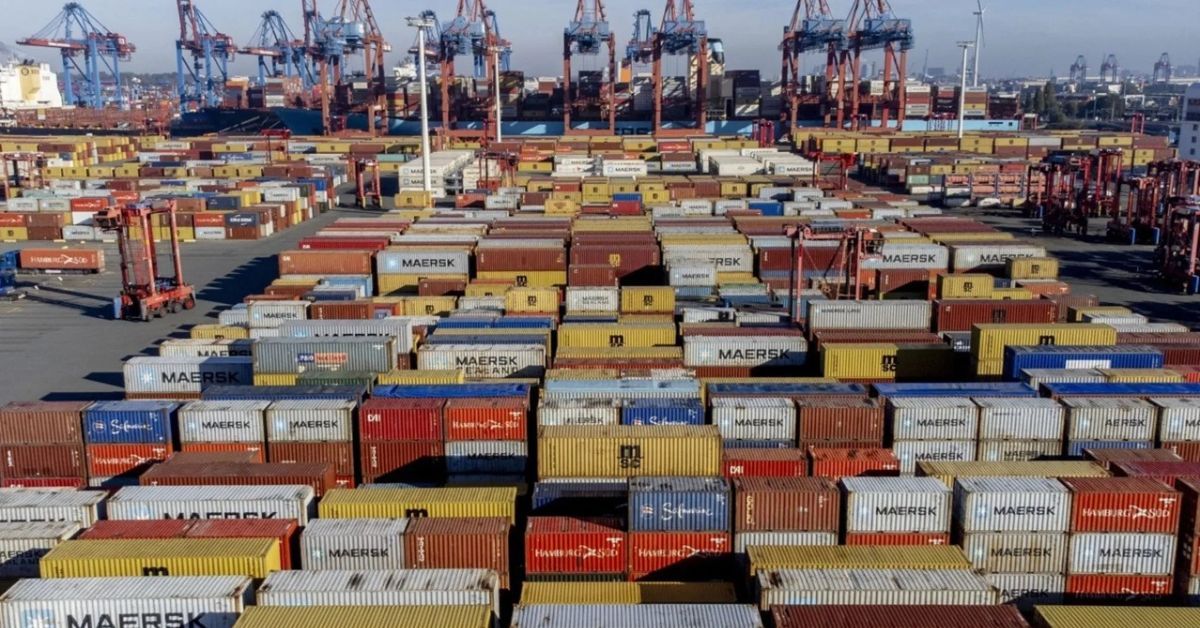Both countries have enforced harsh trade and aviation restrictions in response to the recent escalation of tensions between India and Pakistan. Citing national security concerns following a deadly attack in Kashmir, India has barred both imports from Pakistan and the docking of Pakistani ships at its ports. Pakistan has retaliated by closing its airspace to Indian planes, stopping border trade, and expelling Indian diplomats.
Effect on Logistics and Shipping Regional logistics have been severely impacted by the sudden trade restrictions. Hundreds of import and export containers traveling from India to Pakistan are currently stalled at sea. Transit ports like Salalah and Colombo are becoming more and more popular as shipping corporations are forced to redirect their vessels.
A recent strike in Pakistan, which was brought on by government plans to construct additional canals along the Indus River, has further complicated matters by blocking important transportation lines between the north and south. As a result, some shipments missed their planned departures and arrived late at the port of Karachi, causing delays and rebookings. Implications for Pakistan’s Economy These disruptions have a significant overall impact on Pakistan’s economy. The cost of shipping to Pakistan has increased.









